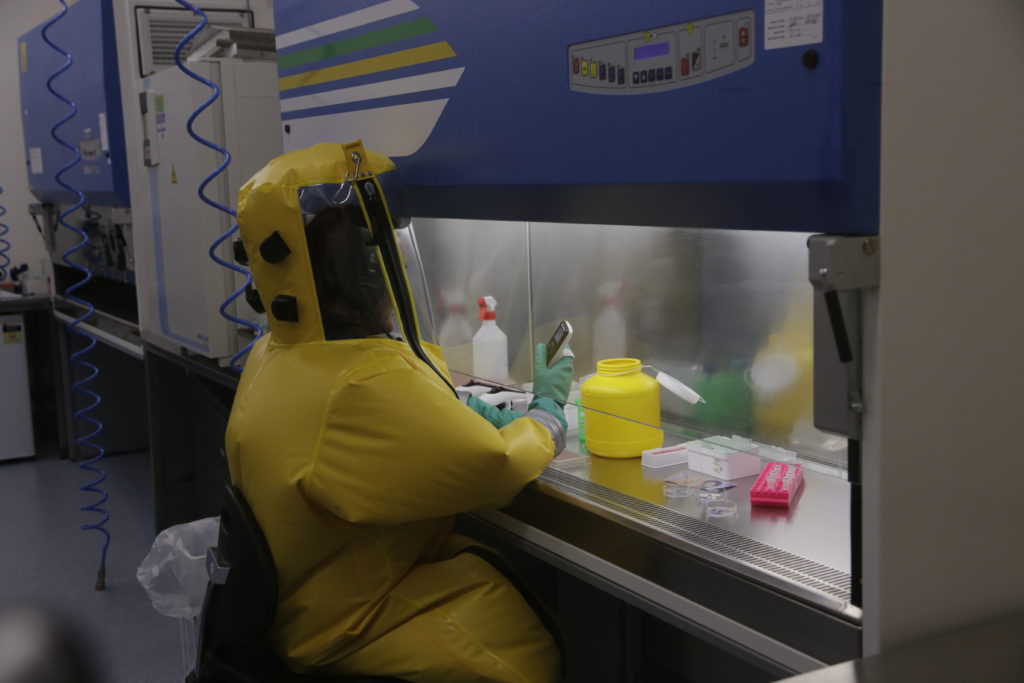SARS-COV-2, the virus that causes COVID-19, can survive on banknotes, glass and stainless steel for up to 28 days, Australian researchers said on Monday, October 12.
Their latest funding further iterates the importance of adhering to stringent hygiene rules to combat the virus and prevent the outbreak of a second wave.
In a study published in the Virology Journal, researchers from CSIRO – Australia’s national science agency – discovered that the SARS-COV-2 virus stayed infectious for 28 days on smooth surfaces like plastic banknotes and the glass found on cellphone screens.
In contrast, the virus that causes the common flu – Influenza A – survives on surfaces for 17 days.
In their research undertaken at the Australian Centre for Disease Preparedness (ACDP), CSIRO dried the virus in an artificial mucus on a variety of surfaces at concentrations that resemble the samples taken from COVID-19 patients. The virus was then extracted a month later.
They also found that the virus:
– survived longer at lower temperatures
– tended to survive longer on non-porous or smooth surfaces such as glass, stainless steel and vinyl, compared to porous complex surfaces such as cotton
– survived longer on paper banknotes than plastic banknotes.
The experiments were conducted in controlled laboratory environments and the findings reveal that the survival time of the virus declined as the temperature of the environments were increased from 20 to 30 to 40 degrees celsius.
However, proteins and body fluids can prolong the survival time of the virus.

“Our results show that SARS-CoV-2 can remain infectious on surfaces for long periods of time, reinforcing the need for good practices such as regular handwashing and cleaning surfaces,” said Dr Debbie Eagles, the Deputy Director of ACDP in a statement.
CSIRO Chief Executive Dr Larry Marshall maintained that “[e]stablishing how long the virus really remains viable on surfaces enables us to more accurately predict and mitigate its spread, and do a better job of protecting our people.”
The experiment has been criticised by some experts for being carried out in ‘virus friendly conditions’.
The experiment was carried out in the dark even though previous scientific studies have proven that UV-light effectively kills the virus that causes COVID-19.
Professor Ron Eccles told the BBC that the suggestion that the virus could survive for 28 days was tantamount to public fearmongering.
He commented that viruses are spread on surfaces from dirty fingers, and the mucus in coughs and sneezes, adding that the study did not use fresh human mucus as a vehicle to spread the virus.
“Fresh mucus is a hostile environment for viruses as it contains lots of white cells that produce enzymes to destroy viruses and can also contain antibodies and other chemicals to neutralise viruses,” said Eccles.
“In my opinion infectious viruses will only persist for hours in mucus on surfaces rather than days.”
Picture/s: CSIRO

